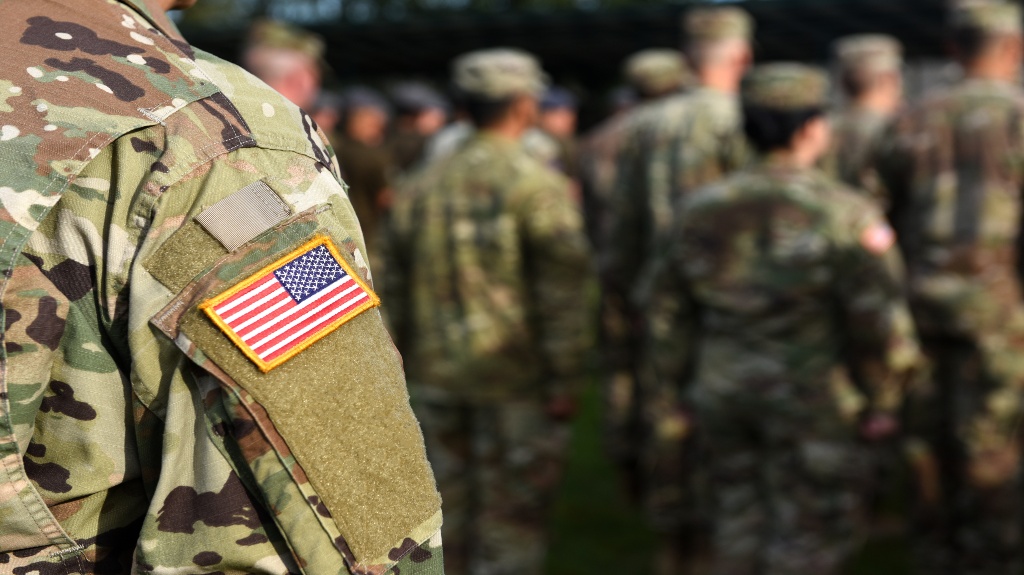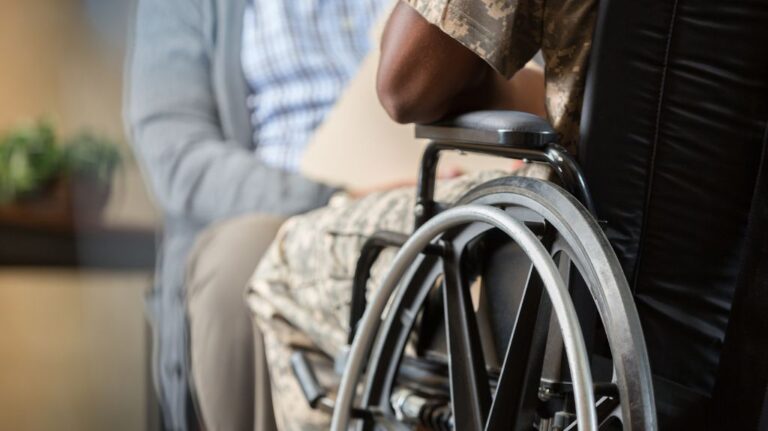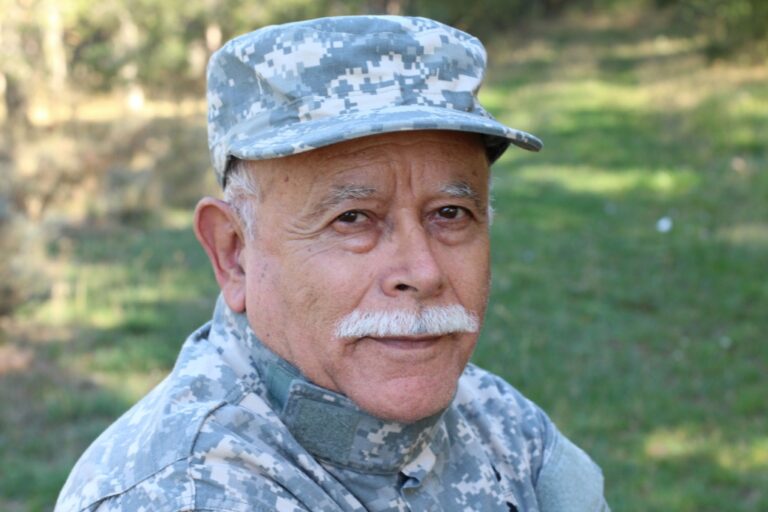Filing for VA Disability as a Reservist or National Guard Member

Reservists and National Guard members often serve their country in critical capacities, balancing civilian life with military duty. While many might assume that VA disability benefits are primarily for active-duty service members, those in the reserves or National Guard can also qualify for these benefits under certain circumstances. This guide will walk you through the process of filing for VA disability as a reservist or National Guard member, the criteria that must be met, and how to navigate common challenges.
Understanding VA Disability for Reservists and National Guard Members
Reservists and National Guard members are eligible for VA disability benefits if their injuries or medical conditions were caused or worsened by their military service. The key difference lies in when and how these conditions occurred. For reservists and National Guard members, disabilities typically need to be connected to periods of active duty, active duty for training (ADT), or inactive duty for training (IDT).
Types of Service That Qualify
- Active Duty (AD): Any injury or illness that occurs during active-duty service is eligible for VA benefits.
- Active Duty for Training (ADT): This includes periods where you are called to full-time duty for training purposes. Conditions related to ADT are generally covered if they arose or were aggravated during this time.
- Inactive Duty for Training (IDT): Injuries sustained during inactive duty training periods, such as weekend drills, may be eligible. However, illness or disease that arises during IDT typically does not qualify, with certain exceptions (e.g., heart attacks or strokes).
How to Establish Service Connection
When filing a VA disability claim, you must establish a direct link between your disability and your military service. As a reservist or National Guard member, this means demonstrating that your condition arose during a qualifying period of service. Here’s how you can do it:
- Document Your Service: Ensure that you have copies of all relevant military records, including orders, medical records, and personnel records from your time in the reserves or National Guard.
- Medical Evidence: Provide medical evidence that shows the diagnosis of your condition and its connection to your military service. This could include medical treatment during service, doctor’s notes, or evidence that shows your condition worsened because of your service.
- Buddy Statements: Personal statements from fellow service members, family, or friends can also help support your claim. These statements can provide context or corroborate the details surrounding your injury or illness.
Common Challenges for Reservists and National Guard Members
Filing for VA disability as a reservist or National Guard member can be more complicated than it is for active-duty members, due to the intermittent nature of your service. Some of the most common challenges include:
- Gaps in Medical Documentation: Because reservists and National Guard members often return to civilian life between periods of service, they may not receive consistent medical evaluations. This can make it harder to prove that a condition was service-related.
- Establishing Service Connection for IDT Injuries: Since only injuries (not illnesses) are typically covered during IDT, it’s essential to provide clear documentation and evidence that shows the injury occurred while performing military duties.
- Time Limitations: There is no time limit to file a VA disability claim. However, if your claim is delayed for many years after your service, it may become more difficult to prove that your condition is related to your military duties.
How VA Benefits Attorneys Powered by Tabak Law Can Help
Filing for VA disability as a reservist or National Guard member can be complex, but with the right guidance, you can navigate the process effectively. At VA Benefits Attorneys Powered by Tabak Law, we specialize in helping veterans, reservists, and National Guard members get the benefits they deserve. Whether you need help gathering evidence, establishing a service connection, or appealing a denied claim, we are here to assist you.
Contact VA Benefits Attorneys Powered by Tabak Law today for a free consultation and learn how we can help you with your VA disability claim.







